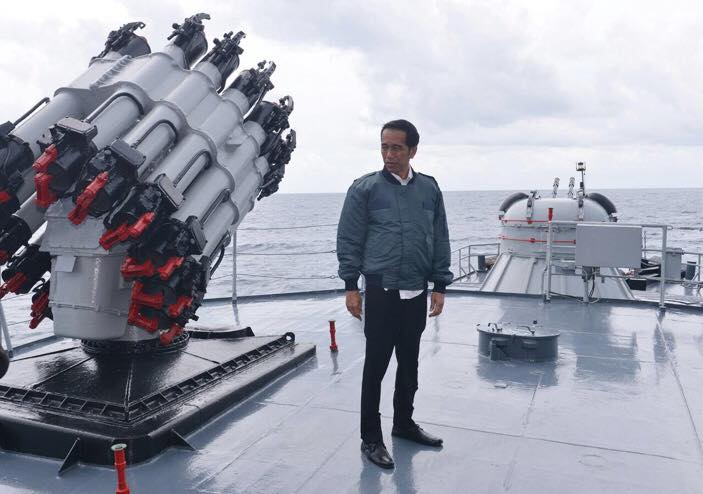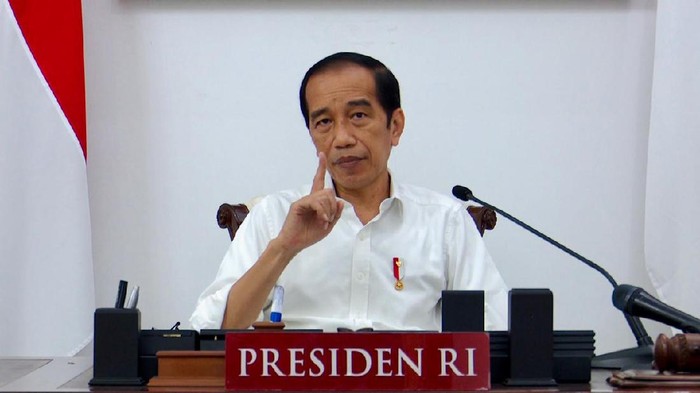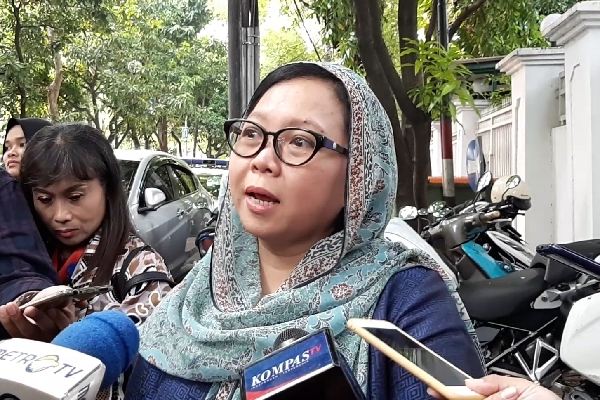Ahoy there! Hazards aft and stern Duncan Graham

The Peoples’ Liberation Army Navy spy ship Tianwangxing is cruising off Queensland, monitoring the Talisman Sabre 2021 war games which bang on till the end of July.
They involve 17,000 women and men from Australia, the US, South Korea, Canada, NZ and the UK – though not Indonesia, the nation just over the horizon.
The 250 crew of the 6,000-tonne high-tech vessel with its giveaway radomes should know their way through the Torres Strait – they were harvesting signals at similar events in 2017 and 2019.
When not enjoying the Coral Sea the sea spooks aboard the PLAN fleet of eight snoopers – including the Haiwangxing which the ABC says is coming via the South Pacific - are eavesdropping on Indonesia. This is regularly, not just biennially.
Australian Prime Minister Scott Morrison has said the watchers are being watched: “The law of the sea says we can be up in the South China Sea. And so we simply say that we think the same tolerances and the same appreciation of those international laws should apply.” The PM added he’s “very wary” but hasn’t gone as far as the Indonesian President.
In January 2020 after Chinese ships were reported to be within binocular range, Joko Widodo was on the deck of a dreadnought alongside a missile battery, telling all: “There’s no such thing as bargaining about sovereignty, about our country’s territories.” But he didn’t shout “Fire!”

Six months later the five-star flag was apparently seen fluttering around the Natuna Archipelago (1,150 km north of Jakarta). So Indonesia’s navy ran a four-day ‘training course’ close to Beijing’s contested nine-dash line.
The intrusions haven’t always been by sea. According to the Malaysian government 16 Chinese military aircraft in ‘tactical formation’ flew into the monarchy’s airspace above Sarawak in May.
Tit for tat. Last month a US destroyer and an Australian frigate ran a week of joint operations in the SCS. This was just ‘enforcing the normalcy of routine operations throughout the region in accordance with international law’
A version of the nine-dash line was first drawn by China in 1947 and revised in 2010. Details are disputed but it allegedly overlaps the economic zones of five of the Association of Southeast Asia Nation’s ten members – Indonesia, Malaysia, the Philippines, Vietnam and Brunei. Their challenges have been backed by an international authority.
In 2016 a UN Convention on the Law of the Sea tribunal ruled China's claim had no legal basis. Beijing rubbished the decision and if the complainants are to be believed continues to provoke by sending fishing boats, coastguards and other craft into the danger zone of potential misjudgements. It’s also been building artificial islands with airfields and surface-to-air missile systems.
Indonesia is the largest military power in Southeast Asia with about half a million in uniform and a similar number of reservists. However much equipment is old, particularly the naval fleet, as shown with the April sinking of the 44-year old submarine KRI Nanggala-402 with the loss of 53 lives.
The country now has only four subs, no aircraft carrier or nuclear weapons and its defence budget is minuscule - about US $7.7 billion, or 0.67 per cent of GDP in 2019. Leaked documents revealed the Defence Ministry wanted to upgrade equipment using $125 billion in foreign loans (presumably from arms manufacturers), but the pandemic has torpedoed that ambition.
Australia has allocated $33.4 billion for Defence and the Australian Signals Directorate this year. That’s 2.1 per cent of GDP. (Figures from governments and the Stockholm International Peace Research Institute.)
Despite the political bluster, Indonesia’s generals would know they’d be trampled in any duel between elephants, so wonder which one they should ride – US or China?
Left to themselves they’d join the US, Australia, India and Japan partnership and make the Quad (Quadrilateral Security Dialogue) a Quin. That seems the logical move for the world’s third-largest democracy which shares the partners’ deep distrust of Communism.
Politically that would be tricky, antagonising China which has so far lent around $18 billion to develop infrastructure, worrying conservative economists that Indonesia is getting into a debt trap. Beijing is hungry for the archipelago’s raw materials, a market Jakarta doesn’t want to lose. Since Australian mines have been blacklisted, Indonesia has filled the bulk carriers beyond targets.
The main barrier to Indonesia joining the Quad, or even playing bang-bangs in the current war games which it’s ‘observing’, is its ‘free and active’ (bebas aktif) strategy emphasising neutrality and non-alignment. It was initiated by first Vice-President Mohammad Hatta in 1948 and remains the rock of foreign policy.
Another obstacle is ASEAN. Formed in 1961 by five anti-Communist countries it now includes socialist states Vietnam and Laos, the Islamic monarchy Brunei, and the military dictatorship of Myanmar.
Professor Mark Beeson of the University of Western Australia’s department of international politics has been scathing, writing in the Asia Times that “Asia’s most enduring organization is incapable of addressing difficult problems.
“The most glaring and consequential confirmation of this thesis is China’s territorial expansionism in the SCS. If ever there was something all ASEAN’s members ought to be able to agree on, it is the importance of resolutely standing up to the region’s most important and potentially destabilizing regional power.”
In 2010 the US–Indonesia Comprehensive Partnership allowed deals in areas like climate change and education, but the arrangement sunk after Donald Trump became President. In 2017 the Plan of Action for the Joint Declaration between Indonesia and Australia on Maritime Cooperation was signed. Its 15 objectives concern illegal fishing, scientific research and the ‘Blue Economy’ - though not the Red Threat. It expires next year.
This year US Deputy Secretary of State Wendy Sherman was in Jakarta trying to revive the USICP. Reuters reported Indonesia had rejected US requests for landing and re-fuelling rights for surveillance planes which monitor Chinese military activity in the region.
Others are starting to woo Jakarta, ostensibly to talk trade, though the PRC whale in the pond will be impossible to ignore. Russian Foreign Minister Sergey Lavrov met with FM Retno Marsudi in the capital while Chinese Foreign Minister Wang Yi has made three visits in the past 18 months.
Even Australia is showing interest, although the Covid-19 surge thwarted Trade Minister Dan Tehan’s plans to pop into the Big Durian. Foreign Minister Marise Payne and Defence Minister Peter Dutton’s hopes of visits are also on hold. But the reality is that the Great South Land is in the stern while other helmsmen try to steer the world’s fourth-largest nation port or starboard.
Writing in the East Asia Forum Dr Alexander Arifianto from Singapore’s Nanyang University, and Dr Yohanes Sulaiman from the Journal of Global Strategic Studies, claimed Jakarta is worried about getting too close to the US.
They argue the Biden administration is pushing democracy and human rights which might invite interference in Jakarta’s secret and reportedly brutal military campaign against West Papua separatists.
Dr Dino Patti Djalal founder of the high profile NGO Foreign Policy Community of Indonesia and a former ambassador to Washington has written: “The US should ease up on this presently obsessive ideological crusade.
“It should focus more on soft power than hard power...Southeast Asians want to get along with the US and China, but they also want the US and China to get along, at least in their region. Is that too much to ask?” At the moment, yes.
First published in Australian Outlook, 23 July 2021: https://www.internationalaffairs.org.au/australianoutlook/ahoy-there-hazards-aft-and-stern/

